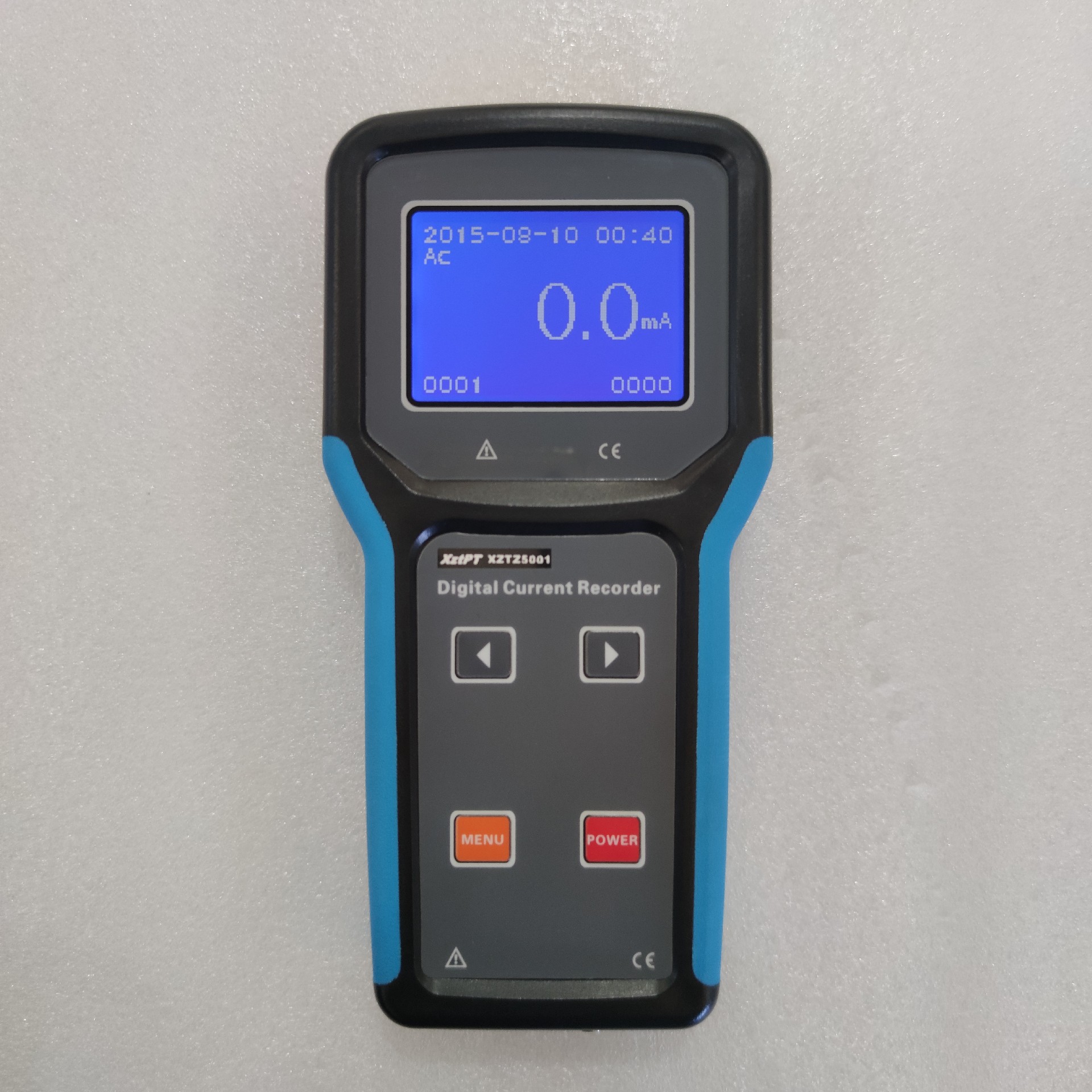English




Definition of Fuse Resistance: Resistors and fuses are similar in material and structure, and fuse type resistors have both functions. They can be used as resistors in daily life, and once the current is abnormal, they play the role of fuses to protect machine equipment.
Definition of Fuse Resistance: Resistors and fuses are similar in material and structure, and fuse type resistors have both functions. They can be used as resistors in daily life, and once the current is abnormal, they play the role of fuses to protect machine equipment. Due to its dual functionality, the cost is reduced accordingly. Fuse resistors can be divided into metal film fuse resistors, fuse type wire wound resistors, and fuse type cement resistors. There are several types of power: 1/4W, 1/2W, 1W, and 2W. As the power increases, the appearance size of the product will continue to increase. The resistance of fuse resistors is generally small, mostly less than 1 ohm, and often serves as a sampling resistor in circuits. At the same time, it plays a role in protecting the circuit when surges occur or other large currents are generated, causing the circuit to break and provide protection. At the same time, most of the fuse resistors are surface mount, and the surface mount fuse resistors with stable performance are generally referred to as Jabixin fuse resistors. There are two types of products: fast melting and slow melting.
The Difference Between Insurance Resistors and Fuses
Insurance resistors have a similar function to fuses, that is, they can cut off the current when the circuit is overcurrent, and also act as fuses. Therefore, many people are easily confused. However, the load of resistors has a certain limit, and if the current flowing through the resistor exceeds the limit, it will burn out the resistor and make it open circuit. This is quite different from the fuse's blown protection.
Fuses must have three functions simultaneously: protection, load-bearing, and safety, and insurance resistors cannot perform well in these three aspects
The protection functions include overload protection and short circuit protection, that is, when the circuit experiences an unacceptable overcurrent up to the limit of the short-circuit overcurrent, the fuse must operate within the specified time range to protect the circuit or components. However, the technical parameters such as the starting time and duration of the fuse resistor cannot be as accurate as the fuse, and overload current protection cannot be guaranteed, only playing a role in the short-circuit current.
The load-bearing function of a fuse is guaranteed by its melting heat energy value, which enables the fuse to withstand a certain amount of energy pulse impact from necessary switching times. When selecting, we need to calculate and evaluate it. However, the fuse resistor itself does not have similar technical indicators, and it will be blown off by the pulse if used too small, and it will have no protective function if used too large.
The safety function of a fuse is ensured through indicators such as rated voltage and breaking capacity, especially through authoritative third-party safety certification. However, the safety resistor itself is not a safety component and does not require safety certification. Its safety can be imagined. Its protective function is already insufficient, and it is difficult to guarantee that it will not cause unsafe phenomena that endanger the surrounding area during the burning process.
Can Insurance Resistors Replace Resistors
The load of a resistor has a certain limit, which means that if the current flowing through the resistor exceeds the limit, it will burn out and cause the resistor to open circuit. In this sense, the resistor has a function similar to a fuse - it can cut off the current when the circuit is overcurrent, as if it can act as a fuse. Therefore, some manufacturers have replaced the original design fuse with a cheap fuse resistor in order to reduce costs and provide customers with a sense of security in form.
But can insurance resistors really replace fuses and have the same effect? The answer is clearly yes or no!
As for the safety function, fuses are guaranteed through rated voltage, breaking capacity and other indicators, especially through authoritative third-party safety certification. However, the safety resistor itself is not a safety component and does not require safety certification. Its safety can be imagined. The protection function is already insufficient, and it is difficult to guarantee that unsafe phenomena will not occur during the burning process.
In summary, although the fuse resistor has the action of overcurrent burning, it cannot truly play the same role as a fuse.
XZTZ5001 Transformer Core Grounding Current Tester
